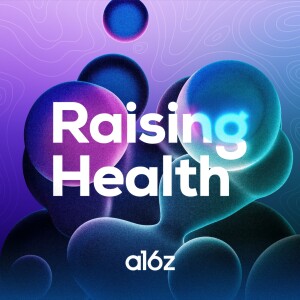
On the path from scientific discovery to new drug, the clinical trial is a huge — and critical — hurdle. Clinical trials are themselves experiments, and to make sure that they are doing the best possible job at determining the safety and efficacy of the new drug, we need to be able to do experiments on those experiments. But how do you do that in such a highly regulated space?
Host Lauren Richardson talks to James Zou, Assistant Professor of Biomedical Data Science at Stanford University, and a16z general partner Vineeta Agarwala, physician and expert on real world data in healthcare, about new research from the Zou lab that uses AI-powered simulations of clinical trials and real world patient data to understand how different designs influence trial outcomes. In particular, looking for designs that can make trials more inclusive, which is key for getting patients access to potentially life-saving care and for running trials efficiently. The conversation covers the inherited rules and assumptions governing which patients can participate in trials, how Dr. Zou, lead author Ruishan Liu, and colleagues combined real world data and computer simulations to challenge these assumptions via a data-driven approach, and how this can inform smarter trial design.
The article at the center of today's episode is: "Evaluating eligibility criteria of oncology trials using real-world data and AI" by Ruishan Liu, Shemra Rizzo, Samuel Whipple, Navdeep Pal, Arturo Lopez Pineda, Michael Lu, Brandon Arnieri, Ying Lu, William Capra, Ryan Copping & James Zou, published in Nature.
More Episodes
 2023-08-08
2023-08-08
 2023-07-20
2023-07-20
 2023-07-18
2023-07-18
 2023-07-11
2023-07-11
 2023-06-13
2023-06-13
 2023-06-01
2023-06-01
 2023-05-11
2023-05-11
 2023-04-20
2023-04-20
Create your
podcast in
minutes
- Full-featured podcast site
- Unlimited storage and bandwidth
- Comprehensive podcast stats
- Distribute to Apple Podcasts, Spotify, and more
- Make money with your podcast
It is Free
- Privacy Policy
- Cookie Policy
- Terms of Use
- Consent Preferences
- Copyright © 2015-2024 Podbean.com





